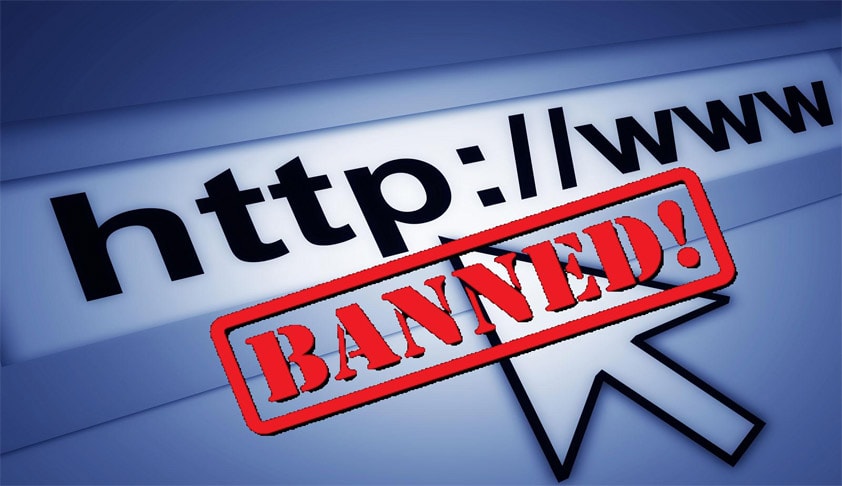SC dismisses Law Student’s Appeal against Mobile Internet Ban in Gujarat during Patel Agitation
LIVELAW NEWS NETWORK
11 Feb 2016 2:45 PM IST

Next Story
11 Feb 2016 2:45 PM IST
Supreme Court of India Today upheld the Gujarat High Court Judgment which approved the 'mobile internet ban' by Gujarat Government during the Patel quota agitation in the state.The Bench headed by Chief Justice T S Thakur justified the ban holding that such decision can be taken by the government to maintain law and order situation U/S 144 CrPC and such decision cannot be termed as...
